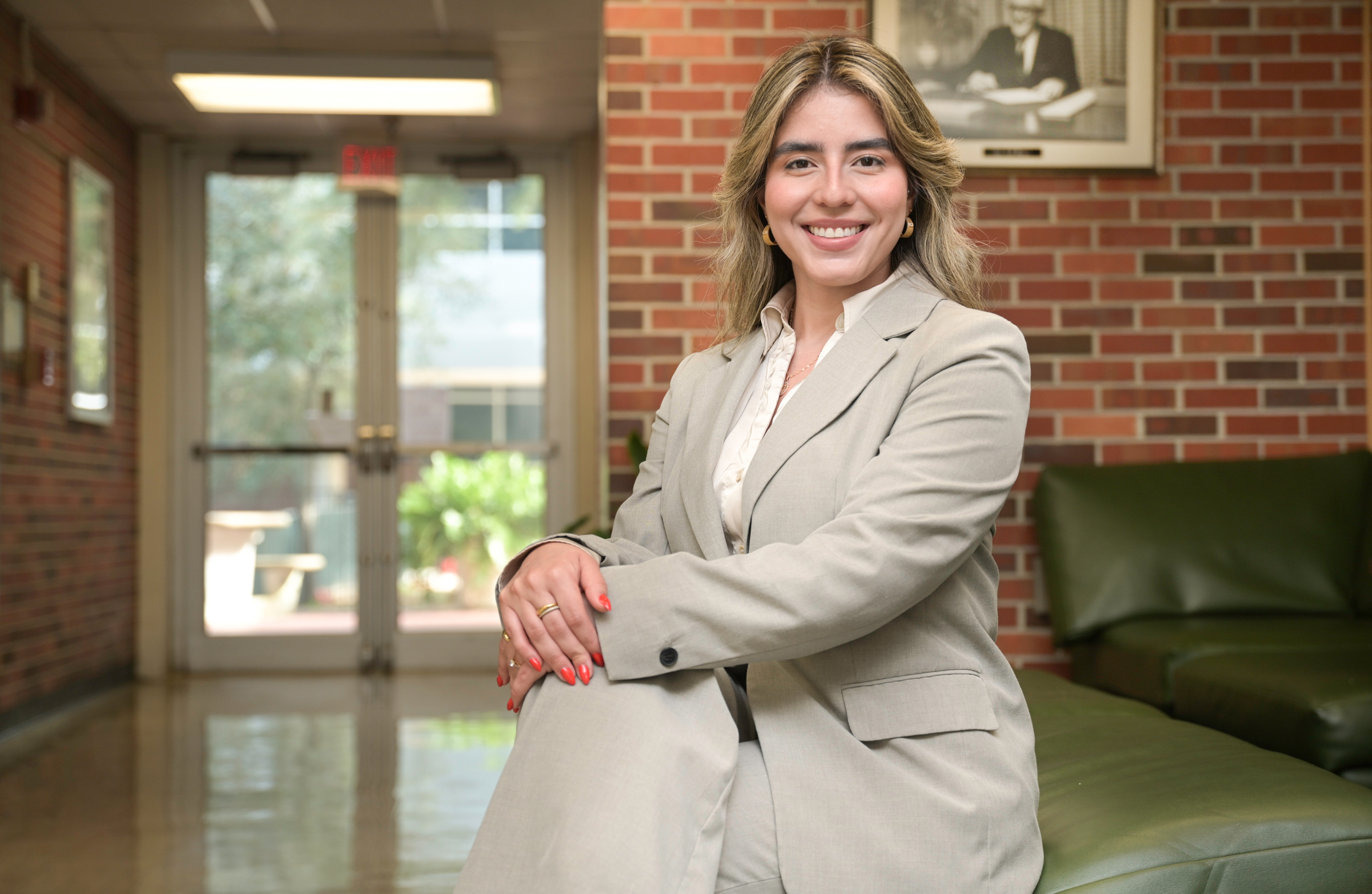About
Department of Environmental Engineering Sciences
Mission Statement
The department is a leader in interdisciplinary programs aimed at solving environmental problems and as a major on campus crucible for identification, conceptualization and resolution of environmental issues.
Elliot Douglas, Ph.D.
Head
Dr. Elliot P. Douglas is Professor of Environmental Engineering Sciences, Associate Director for Research in the UF Institute for Excellence in Engineering Education, and Distinguished Teaching Scholar at the University of Florida. His research interests are problem solving, cultures of inclusion, and environmental justice. He has served as Deputy Editor of the Journal of Engineering Education and Program Director for Engineering Education at the US National Science Foundation.
History
The Environmental Engineering Sciences (EES) program can be traced back to 1948 when Drs. A. Percy Black, a leader in the field of water chemistry and water treatment and Earle B. Phelps, a leader in the field of public health engineering and stream sanitation, were prominent members of the Civil Engineering faculty. In 1966, their group of faculty broke off from Civil Engineering to establish a new graduate program in Bioenvironmental Engineering Sciences, which soon after became the current Department of Environmental Engineering Sciences.
An undergraduate program in Environmental Engineering was established in 1972, one of the first of its kind in the United States. The 16 faculty members of EES, consisting of both engineers and scientists were organized around major federal training and research grant programs in the following areas: air pollution, water and wastewater treatment, environmental biology, environmental chemistry, water resources, radiological health, solid waste, and systems ecology. These program areas (aside from radiological health which moved to Nuclear and Radiological Engineering) continue as strong programs in EES today. With substantial research funding over these many years of prominence, EES has generated many bachelor, master and doctoral graduates now working in all facets of professional practice.
In 2011, to explore new collaborative opportunities, the Department of Environmental Engineering Sciences joined with the Department of Civil and Coastal Engineering to form the Engineering School of Sustainable Infrastructure & Environment (ESSIE).





